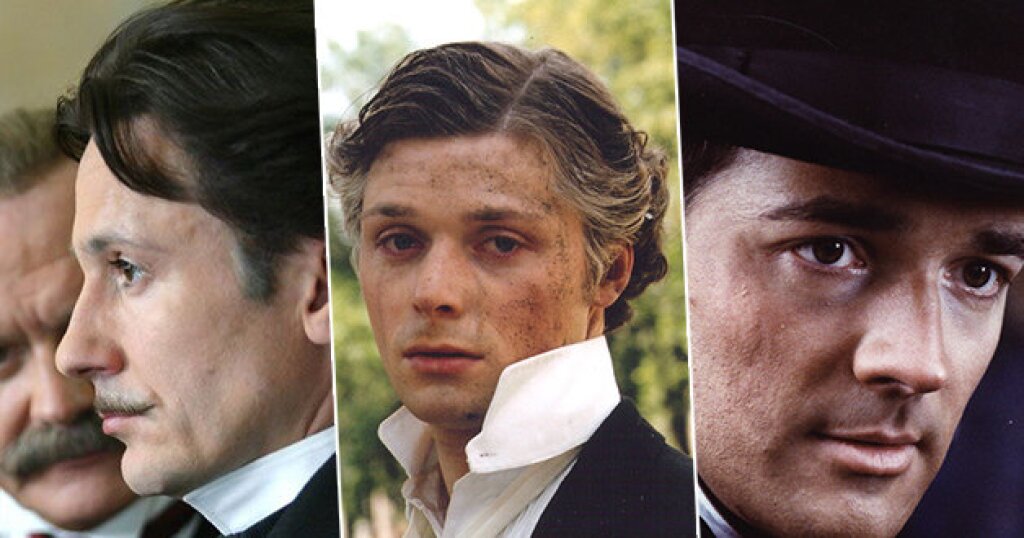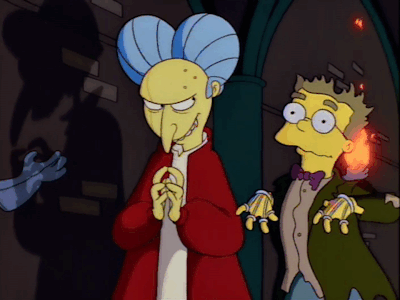This is the ninth installment of “Rereading Akunin” focusing on The Winter Queen. For the introduction to the series, and subsequent installments, go here.
Chapter 12
In which our hero discovers
That he has a halo around his head
I’ve been saving this title for a while, and, truth be told, I really should have saved it for later. After all, it only takes a year or two of writing Erast Petrovich’s adventures for Akunin to start birthing new Fandorins at a pace even a bunny might envy. The grandson Nika, introduced in 2000, is the gateway drug leading to even more Fandorins from the distant past. Not to mention Nika’s direct culpability in the creation of at least two more Fandorins, his twin children, Lastik and Gelya, who have their own adventures that connect them to an even broader constellation of international Fandorins, von Dorns, and just plain Dorns.
In this, the Fandorin family resembles Madeleine L’Engle’s Murray/O’Keefe clan, who headline five novels and guest star in even more. When you read A Wrinkle in Time, you would never guess that Meg’s young twin brothers would get their own novel, or that you might actually want to read it. In their transtemporal, world-trotting scope, the Fandorins also recall the many convoluted families that populate the novels of Michael Moorcock: the Corneliuses, the Bastables, and especially the endless supply of characters whose surname is a variation on “Beck.”
Nonetheless, I decided to waste this title on the twelfth chapter of The Winter Queen, when all these other Fandorins weren’t even a twinkle in Erast Petrovich’s (or Akunin’s) eye. This is because, though Fandorin himself will never become a character of great psychological depth, he nonetheless contains multitudes.
This point is driven home by the return of Count Zurov, Fandorin’s surprising savior. It is Zurov who shoots Erast Petrovich’s latest would-be assassin, and it is Zurov who provides a pages-long infodump that connects many of the plot threads together. And it is Zurov who is constitutionally incapable of getting Fandorin’s name right. Due to a comic misunderstanding several chapters ago, Zurov can’t stop calling him “Erasmus” (which, in Russian, is only one letter away from “Erast”).
Why does this matter? Because this is a novel of formation, of course. Because Fandorin is growing in sophistication, and also developing a more suspicious character (though, as the next chapter will show, not suspicious enough). We already had him imitating a Frenchman. Now he is answering once again to Erasmus, and by the chapter’s end, he is impersonating a Russian “prince” in order to get information about intercepting a letter.
Understandably distressed at having had enough brushes with death to start his own beauty salon, Fandorin also oscillates between clear-headed logic and near-hysteria, such as when he mistakes Zurov for yet another would be murderer:
“Shoot then, shoot, curse you! You make me feel sick, all of you, worse than cold semolina!”
How cold semolina came to be mixed up in the matter was not clear— no doubt it was something from his childhood, long ago forgotten. Erast Fandorin was about to rip open the shirt on his chest—there you are, there’s my breast, shoot!— but Zurov thumped him unceremoniously on the shoulder.
The scene is deliberately comical, what with the random semolina and Fandorin’s impulse to go the full Zoya Kozmedemyanskaya on Zurov. But it is also one of the rare occasions when Fandorin’s inner confusion gets expressed so directly to people outside of his own head. Typically, Akunin alternates between an external view of Fandorin (such as at the end of the chapter), where he is a brilliant budding detective and master of disguise, and internal views, where we see the frantic workings of a confused, immature mind.
Zurov, however, sees something else entirely:
“It’s as if I can see a halo above a man’s head, a kind of faint radiance. They’re special people, the ones with that halo. Fate watches over them— it protects them against all dangers. It never occurs to the man to think what fate is preserving him for. You must never fight a duel with a man like that— he’ll kill you. Don’t sit down to play cards with him— you’ll be cleaned out, no matter what fancy tricks you pull out of your sleeve. I spotted your halo when you cleaned me out at stoss and then forced me to draw lots to commit suicide. ”
Now we return to Fandorin’s preternatural luck. But when Zurov describes it aloud, Fandorin’s luck moves from plot device to meta-plot device. Patient readers will accept that Fandorin simply has a knack for winning games of chance, a facility that can easily be extrapolated to his success in his adventures (without impugning his sleuthing skills). But when Zurov says that he follows Fandorin because the latter is lucky, that means that Frandorin’s luck doesn’t just move along the plot (as it would if Zurov happened to stumble on Erast Petrovich in his moment of need); it is a recognized factor that motivates a character in the book. Fandorin is lucky that Zurov recognizes how lucky he is, because that helps inspire Zurov to follow Fandorin and rescue him.
This is either clever writing, or lazy writing, or both. LIke Fandorin, the young Akunin contains multitudes.
Minor observation:
We are back on High Lermontov Alert. Zurov compares Fandorin to a lieutenant he knew who survived battle after battle without a scratch, before dying after drinking some bad kumiss. That lieutenant’s name was Ulich, and his story is reminiscent of Lermontov’s “The Fatalist,” featuring an officer named Zulich.
I’d pat myself on the back for recognizing the connection , but, come on: this book is on every Russian reading list in the world, and I’ve taught it a dozen times. This bring up an important part of Akunin’s appeal as a writer of upper-middelbrow fiction: readers can congratulate themselves on catching literary references, but then might be embarrassed that this makes them feel at all smart.



